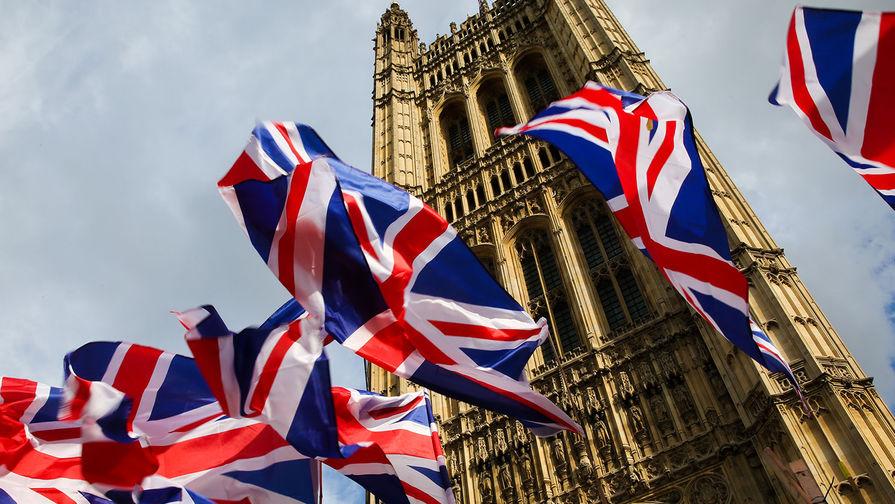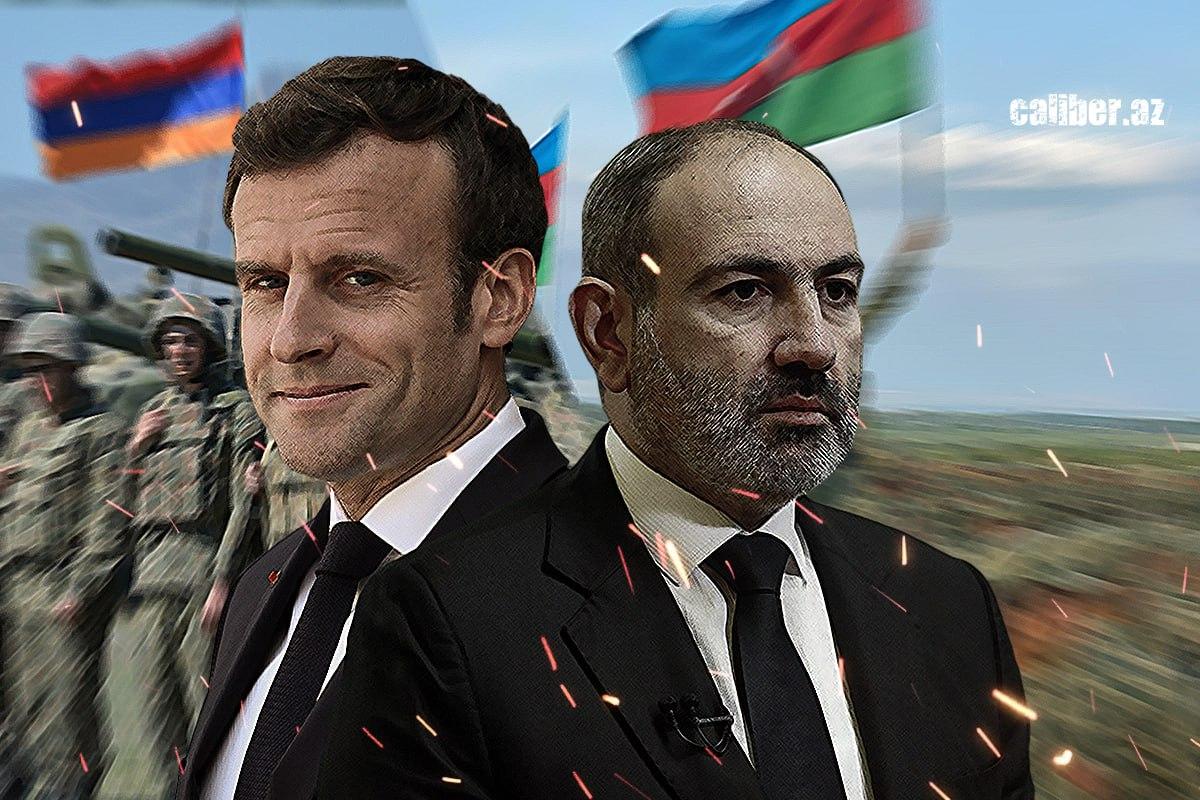Armenian-French alliance vs London’s goodwill Peace talks tanked?
Nearly every major global news outlet reported on Yerevan's rejection of the British proposal for a meeting between the leaders of Azerbaijan and Armenia at the IV European Political Community (EPC) summit in London.
The controversy surrounding Armenia’s decision was heightened by the fact that the opening of the meeting was led by the new British Prime Minister, Keir Starmer, with the expectation that discussions would continue between Azerbaijani President Ilham Aliyev and Armenian Prime Minister Nikol Pashinyan. This arrangement mirrored a previous format at the Munich Security Conference, where discussions involved Chancellor Olaf Scholz. Additionally, Armenia's actions included making unfounded accusations against Azerbaijan and showing disregard for Berlin’s diplomatic efforts, further complicating the situation.
As news of the situation spread, experts quickly began offering explanations for the developments. Some speculated that Pashinyan’s refusal was a "decisive" reaction to the UK's veto of an anti-Azerbaijani resolution, which had been endorsed by the co-chairs of the OSCE Minsk Group and presented to the UN Security Council in November 2020. Additionally, it was noted that in 2022, the Armenian-French alliance attempted to push another anti-Azerbaijani resolution in the UNSC, targeting the actions of Azerbaijani eco-activists on the Lachin-Khankendi road. However, due to strong opposition, particularly from the UK, France was eventually compelled to withdraw the resolution from the UNSC agenda.
Experts, who consider the above version as the main one in terms of Pashinyan's refusal to meet with Aliyev in the British capital, also draw attention to the geopolitical proximity of Baku and London. In particular, they cite such figures as the UK investing a total of $83 billion in Azerbaijan's economy at the beginning of 2024. In 2023, the volume of trade turnover between the countries reached almost $800 million. In parallel, it is emphasised that directly BP (British Petroleum) is the main British company operating in Azerbaijan's oil and gas sector. In 2018, Baku signed a "Memorandum of Understanding on cooperation in the field of renewable energy" with the same company. In 2021, the relevant agencies of the two countries signed a "Memorandum of Co-operation on Clean Energy Transition".

There is no doubt that analysts can put forward different points of view on certain events. Consequently, the above-mentioned opinion has a right to exist. However, if we look at the development of Armenian-British relations over the last two years, it is very difficult to speak even with a stretch about the lack of mutual understanding between Yerevan and London and the alleged Armenian grudge against England. Surely, the reader, having familiarised himself with the following information, will be convinced of this.
In autumn 2023, Armenia and the UK signed a military cooperation programme for 2023-2024. At the same time, the first session of the Armenia-UK Strategic Dialogue was held, during which it was announced, among other things, that the two countries would expand trade and security ties.
In early March 2024, official London, represented by British Deputy Defence Minister James Hippey, recognising Armenia's decision to freeze its CSTO membership as "an exercise of [its] sovereign right", promised Yerevan support "in the face of Russian threats and retaliation".
In mid-March, Armenia and the UK discussed prospects for strengthening defence cooperation, "reflecting the shared determination of the two countries to maintain peace and security". At the end of March, discussions on anti-corruption were held in London as part of the same defence cooperation between the two countries.
In April this year, The Times reported that the UK was discussing with Armenia, Cote d'Ivoire, Costa Rica and Botswana an agreement on sending illegal migrants to these countries (it was noted that London had started "technical talks" with Yerevan as early as autumn 2023). However, Armenian Foreign Ministry spokeswoman Ani Badalyan, saying that Yerevan and London "have a broad agenda of political dialogue," denied the existence of "substantive or technical negotiations" on the issue. And on June 15, in a congratulatory message to former British Prime Minister Rishi Sunak, Pashinyan declared Armenia's commitment to "deepening bilateral cooperation in accordance with the spirit of strategic dialogue between states for the benefit of our countries and friendly peoples." Following which the Armenian Prime Minister added that "the relations between London and Yerevan have been dynamically developing in recent years".
Thus, Armenian-British relations appear quite balanced, with no significant misunderstandings evident over the past year and a half to two years. Therefore, Yerevan’s reluctance to engage in a meeting proposal involving Ilham Aliyev and Nikol Pashinyan likely stems from other considerations. Here, the role of Emmanuel Macron becomes particularly relevant. We recall that back in 2022, the French President announced in advance plans to veto the appointment of the then British Defence Secretary Ben Wallace as NATO Secretary General, "as well as any other British representative". British Conservative Party MP Andrew Bridgen commented that "while Macron's Anglophobia is disappointing, he is at least consistent."

Further examination reveals that in October 2023, during the ENP summit in Granada (Spain), a pivotal document was slated to be signed between Azerbaijan and Armenia. This document was intended to lay the groundwork for the official mutual recognition of the two countries' territorial integrity, as well as to facilitate border delimitation and a peace treaty. However, Ilham Aliyev declined to participate due to Emmanuel Macron's firm opposition to including Turkish President Recep Tayyip Erdogan in the negotiations. Consequently, Erdogan did not attend the summit. As a result, Nikol Pashinyan signed the declaration in the presence of the EU, Germany, and France—without Azerbaijan—which was a significant setback for Macron's ambitions.
This raises a question: did official Paris potentially encourage its Armenian counterpart to reject London's proposal in order to prevent the UK from outshining France in facilitating a peace agreement between Azerbaijan and Armenia? Given Macron's firm stance against Ben Wallace's candidacy for NATO Secretary General—reflecting the longstanding geopolitical rivalry between London and Paris—it is plausible that such dynamics influenced Yerevan's decision. Consequently, Pashinyan’s apparent disregard for the UK’s peace initiative could well reflect underlying French interests, suggesting that Paris may have had a hand in undermining the UK’s diplomatic efforts.
Could Yerevan have ignored the request of its big French ally not to help London in the context of strengthening Britain's international standing?
The conclusions are up to the reader.
By Teymur Atayev
The views and opinions expressed by guest columnists in their op-eds may differ from and do not necessarily reflect the views of the editorial staff.








